High blood pressure in hypertension is an indicator of chronic persistent hypertension to be treated.Even high blood pressure is a risk of complications.
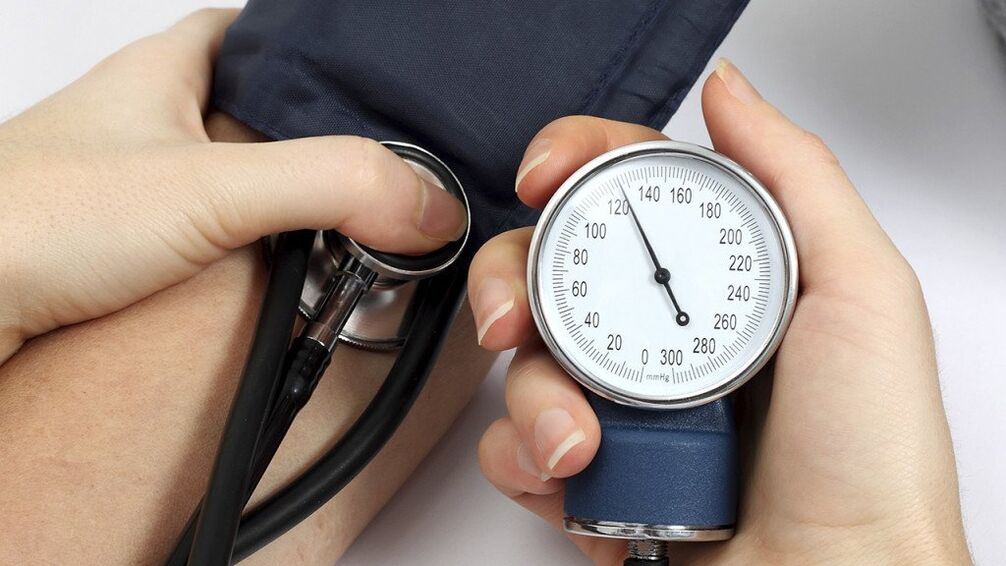
The blood pressure level indicates the force with which the blood presses on their walls as it moves through the vessels.The blood pressure monitor readings can hesitate up or down throughout the day.This is considered a norm.But if the blood pressure level is constantly high, we are talking about a disease called hypertension.
Hypertension or arterial hypertension cause serious complications.
The so -called target organs are negatively affected: heart, kidneys, brain, blood vessels, retina.Very often the consequences of high blood pressure are heart attacks and strokes.
High blood pressure
High blood pressure in hypertension is dangerous and depends on the limit of error.Normal systolic blood pressure varies from 120 to 129 mmHg, and diastolic blood pressure varies from 80 to 84 mmHg.
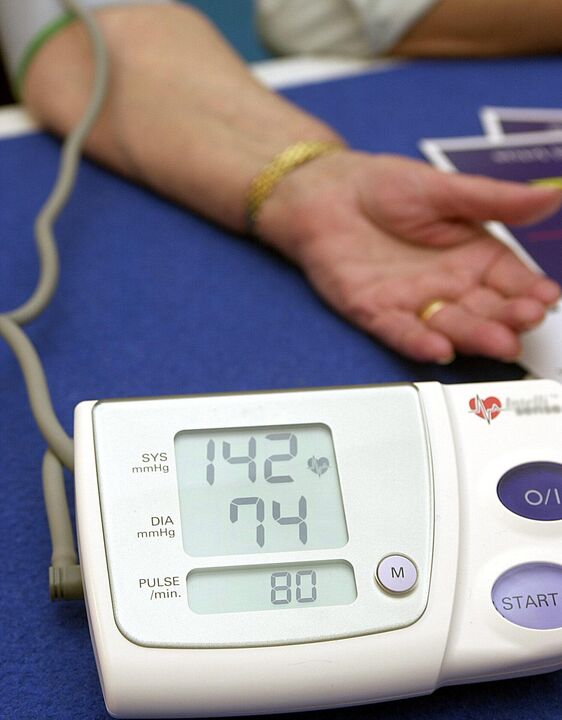
The diagnosis of "1st degree hypertension" is made if the blood pressure readings remain at a level of 140/90 to 160/100 mmHg.This is a mild degree of the disease, in which the constantly elevated blood pressure is not accompanied by damage to the internal organs.
In the initial stage of hypertension, blood pressure increases periodically.Constant stress can cause frequent and prolonged increases.With a calm neuropsychic condition, the periods of its increase are short and rare.
Sustainable high blood pressure in hypertension is a great threat of the development of a hypertensive crisis.It's just a matter of time!
The success of treating arterial hypertension depends directly on compliance with treatment and regimen measures.Strict adherence to the doctor's recommendations will accelerate the decrease in tonometer readings to normal levels.The effect can last for a very long time.
You should check your blood pressure if you have the following symptoms:
- headache in the back of the head (often pulsating);
- dizziness;
- sleep disorders;
- the visual effect of "flies";
- Heart pain.
The danger of hypertension lies in the fact that its initial stage is often asymptomatic.
One may not even realize that there is high blood pressure.The body quickly adapts to the new indicators and the patient feels quite normal.Meanwhile, the pathological process is spreading and affecting the internal organs.
Catastrophic changes in blood vessels can cause kidney failure, heart attack, stroke, which come as a complete surprise for the patient.

Changes in lifestyle can have a positive effect on blood pressure levels.
To do this, the patient needs:
- Ensure a restful sleep;
- Avoid stressful situations;
- Practice body relaxation exercises;
- Follow a diet;
- Increasing physical activity.
If these measures do not help to cope with high blood pressure, the patient is prescribed medication.The doctor will tell you which medicine is the best for normalizing blood pressure after examination.
High blood pressure
High blood pressure due to hypertension should be treated immediately!The second degree of hypertension (moderate) is characterized by its increase to the level from 160/100 to 180/110 mmHg.In order to return its indicators at this stage of the disease, medication is required.Stage 2 hypertension is often detected in the study of patients with a diagnosis of hypertension.
Severe hypertension is diagnosed in cases with a constant increase in blood pressure above 180/110 mmHg.Such high percentages are usually accompanied by serious complications such as strokes, heart attacks and renal dysfunction.
High blood pressure due to hypertension is the most common cause of death and damage.
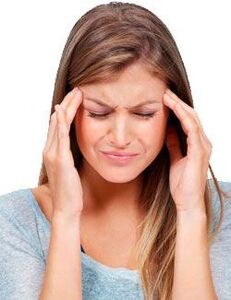
Symptoms of very high blood pressure and severe hypertension include:
- cardiac arrhythmia;
- nosebleeds;
- pain in the heart;
- headache;
- violation of gait and coordination of movements;
- severe visual impairment;
- muscle weakness;
- paralysis (as a result of impaired cerebral circulation);
- blood cough;
- Inability to self -care;
- speech disorder;
- blurring consciousness.
Powerful drugs are prescribed for the treatment of severe hypertension or the doses of usual medicines are increased.Patients with chronic pathology take pills for the rest of their lives.
Hypertension
If you are not yet diagnosed with hypertension, lowering your blood pressure to normal levels should be a daily purpose.
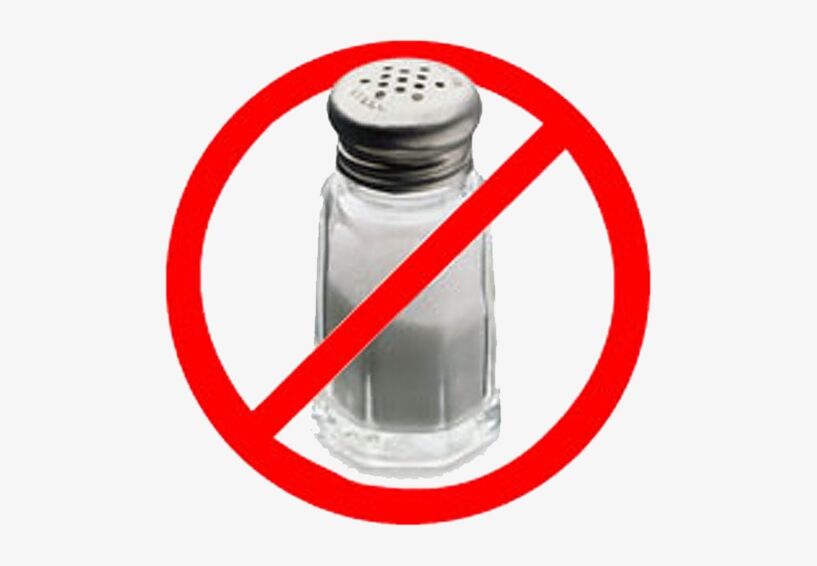
To maintain normal levels, you must follow a few simple rules:
- maintain normal body weight;
- Eat less salt;
- Maintains moderate physical activity;
- Stop smoking and reducing the consumption of alcoholic beverages;
- Consume foods containing potassium (the average daily requirement is 3500 mg of potassium per adult);
- Include fresh fruits and vegetables and dairy products with low fat content in your daily diet.
Proper nutrition
In the case of arterial hypertension, it is necessary to follow the basic principles of nutrition:
- The daily diet should be balanced in the content of proteins, fats and carbohydrates.Daily adult intake: proteins - 100 g, fat - 100 g, carbohydrates - 400 g.
- It is necessary to reduce the consumption of mild (quickly converted into glucose) carbohydrates.
- Reduce the amount of salt you consume.
- Enrich your daily menu with foods rich in vitamins, potassium, magnesium and other useful trace elements.
- Replace animal fats with vegetable oils.
- Include seafood rich in iodine and fatty acids in your diet.
- Create the right diet: the number of meals per day is 5, the last meal is 2 hours before bedtime.
- Give preference to cooked or stewed dishes.
- Daily fluid intake should not exceed 1.5 liters (including liquid dishes and tea).
If there are no chronic abnormalities or vascular diseases, then such simple measures should be sufficient to normalize blood pressure.
For stage 1 hypertension, it is necessary to limit the consumption of certain foods.For grades 2 and 3 - completely turn off.
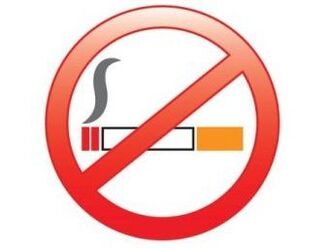
Hypertension patients are not strictly recommended to include in their diet:
- Rich fish and meat broth;
- Fatty pork and lamb;
- strong coffee and tea;
- beef fat, lard;
- hot spices;
- cookies, cakes, sweets;
- salted and acidic vegetables, radishes;
- mayonnaise, fatty sauces;
- chocolate, cocoa;
- sweet soda;
- alcohol and tobacco.
Products that reduce blood pressure
For hypertonic patients, the most benefit will come from products containing antioxidants and capable of breaking down fat, thinning blood and preventing blood clots.
| The content of nutrients in the products | Sample list of products |
|---|---|
| Folic acid | Tomatoes, spinach, citrus fruits, peas, beans |
| Lactic acid | Sauerkraut, fermented low -fat dairy products |
| Vitamin C. | Pink hips, garlic, currant, lemon |
| Coarse fibers | Potatoes, cereals, vegetables, herbs, fruits and fruits |
| Phosphorus, magnesium, potassium | Nuts, seafood, seeds |
The list of products can be expanded by compliance with the basic principles of creating a menu for hypertonic patients.
Blood pressure changes throughout the day.Particularly acute fluctuations are observed in hypertonic patients.It is low in the morning, then rises after a meal and decreases again.In the evening, blood pressure is significantly higher than the morning level.And at night during sleep, in patients with arterial hypertension, it may drop sharply.These jumps are larger than in healthy people.
Normalizing blood pressure in hypertension can save a person's life and protect him from heart attack or stroke.























